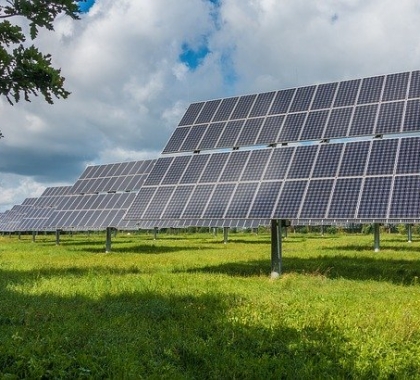Modern society requires electricity to be available on-demand around the clock. Fulfilling this need requires constant monitoring of electric demand on the electric grid and then matching that demand with electric load from various electricity generation sources.
Accomplishing this continual critical feat is a balancing act of epic proportions. It requires sources of energy that are “dispatchable” — an industry term essentially meaning a resource can be counted on when needed. This concept is critical in understanding why it takes a diverse mix of resources to operate the electric grid.
There are many sources of fuel that can produce electricity — the most typical being nuclear, coal, natural gas, hydro, wind and solar. Each of these resources has strengths and drawbacks when it comes to generating electricity. Some resources are more environmentally favorable while others are more reliable because they are dispatchable, or available when needed.
Dispatchable fuel resources include nuclear, coal, and natural gas. These fuel sources are highly reliable because each fuel is a constant supply. These are known as baseload resources.
Examples of non-dispatchable fuel resources include wind, solar and hydro-generated electricity (although some hydro generation can also be considered a baseload resource). These resources are environmentally beneficial because they produce no emissions, however, they are not always available — the wind doesn’t always blow, the sun doesn’t always shine, and, depending on location and weather conditions, water may not always be available to generate electricity.
The strategy for most utilities is to have a diverse mix of fuel resources, using both dispatchable and non-dispatchable forms of power supply to strike a balance between being environmentally conscious while not compromising reliability, ensuring a steady flow of electricity is always available.
* * *
Energy Education 101 is an ongoing NMPP Energy series focusing on energy-related topics with the goal of providing straightforward, agenda-free information that can help provide a better understanding of the energy that powers our modern society.

